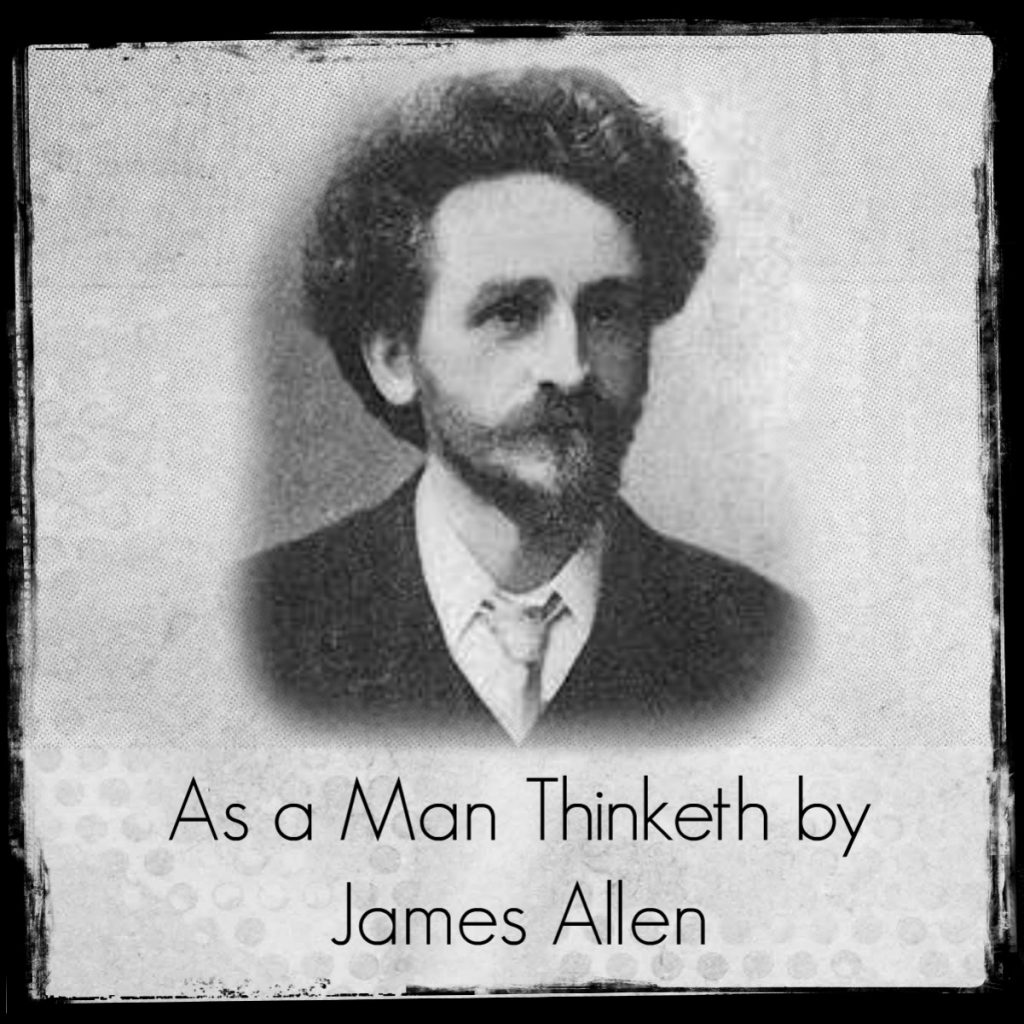
By Mark Andrew Beach
The theory of relativity was first developed by Albert Einstein in the years of 1907-1915. Thankfully, we don’t have to know as much as Einstein to understand the practical theory behind this law and successfully apply it in our lives. In most of our lives we are only exposed to how the spiritual or metaphysical implications of this universal law apply to us individually.
The law of relativity teaches us that everything in our physical world is only made real by its relationship or comparison to something else. Furthermore, everything in our life just is until we compare it to something else. Nothing in life has any meaning, except for and until the meaning we give it. Finally, we have probably heard how important gratitude is in the process of manifesting the results we desire in our life. This gratitude is the implementation of the law of relatively in our life.
As I was growing up and until I reached the age of about ten, I did not realize my parents were “poor”. Again, like cold or hot, “poor” is a relative state of being. I sort of knew, or sensed rather, that my parents did not have a lot of money, compared to the parents of my friends. But I had no doubt about it when I overheard my mom and dad talking about the lack of money late one night while I was supposed to be sleeping.
It was the Christmas season and they were discussing some bills, the money they didn’t have for Christmas and other related financial topics. As I laid there in my bed listening to their worry and frustration, I began to cry. First, I cried because I was also worried about what our Christmas was going to turn out like – I wanted my brothers and sisters to have an abundant Christmas and I wanted the same for myself. But then I also cried for my dad. I realized how hard he worked for his family and for me. I felt his burden. I felt his sadness and I cried.
Why did I cry? Why did this moment have the profound impact on me as a ten-year-old boy? It was the meaning I attached to that experience in that moment and the resulting beliefs about money and the responsibilities of fatherhood I held for decades afterwards. This again is another facet of the law of relativity.
Later that same Christmas, my siblings and I willingly gave our entire Christmas to the impoverished Indian children of an Inuit tribe in Canada while learning lessons of gratitude and charitable giving. Again, this is another imprint in my mind of the law of relativity. You can read more of this story in my book ‘Onward Christmas Soldiers’.
Feeling and demonstrating gratitude is how we implement the law of relatively in our life. Dale Carnegie explained this way. “I had the blues because I had no shoes, Until upon the street, I met a man who had no feet.” One habit I have developed over the course of my life is to be genuinely and sincerely grateful for all I have, even the so-called “bad” things in my life. The Apostle Paul writes about this in his writings to the early Christians a lot. He describes it as taking joy in suffering for Christ. I understand that to mean that when we are grateful for something and consecrate it in our hearts to God, then it (our circumstances) works to our good, no matter what it (our circumstances) may be. This kind of gratitude acknowledges God in all things (our circumstances) and sets the stage to work with God to direct our lives in whatever fashion we (and God) desire.
This applies the same way to our relationships, our health and our wealth. It applies to our spiritual or inner lives as well. How we use the law of relativity can either pull us up to greater heights, or hold us down; swallowed in failure. We use this law by finding all the good that exists in our life. We must be thankful that we’re blessed with prosperity and abundance. Instead of comparing our reality with another reality that may be a huge goal of ours, we must feel gratitude for what we already have.
For more on this topic, click here to read Hidden Treasures: Heaven’s Astonishing Help with Your Money Matters FREE.
To learn more about Mentor Training and our Facilitator Track for leaders, click here.
- I Got Confused - January 11, 2012
- Get a Creed - January 11, 2012
- Get to Work! - January 2, 2012
















